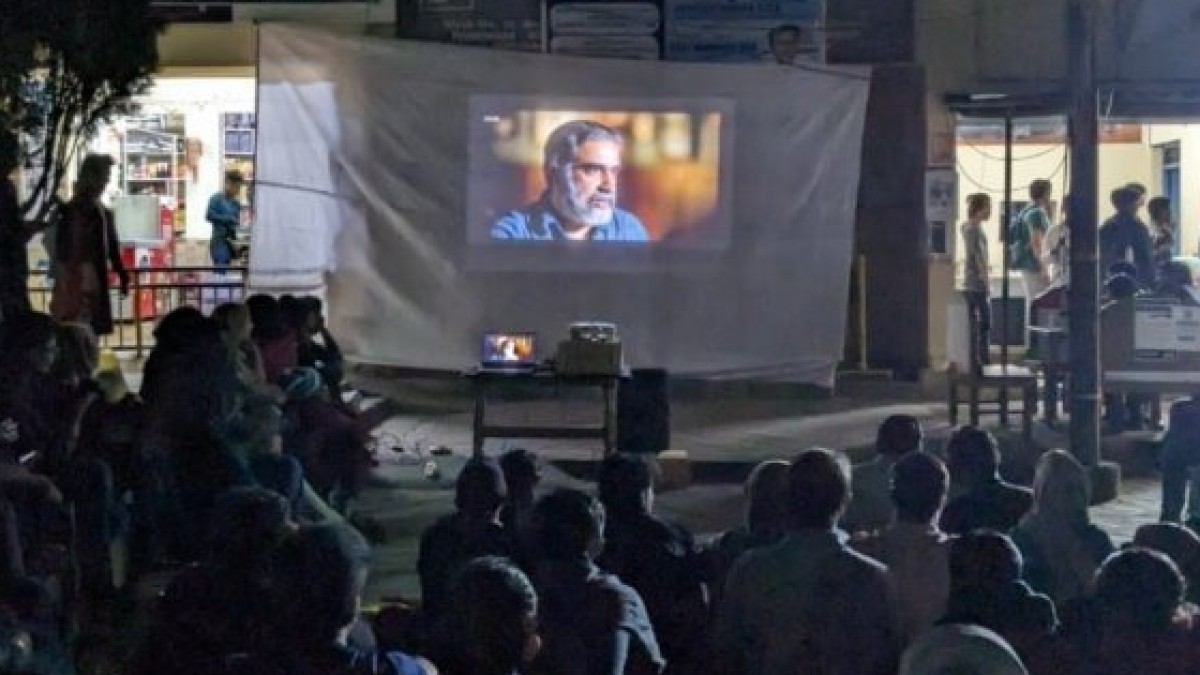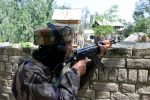
After US, Germany foreign ministry reacted to India’s decision to block BBC documentary on Narendra Modi that reportedly questions his role in handling the anti-Muslim riots in Gujarat in the year 2002.
Germany’s foreign ministry on Friday, January 28, reacted to India’s decision to ban the BBC documentary on Narendra Modi, stating that freedom of the press and speech is important.
A foreign ministry’s spokesperson, during a regular press briefing, in German stated that the freedom of the press and speech is important. “The constitution (of India) enshrines fundamental rights and freedoms. Freedom of the press and speech are among those. Germany shares these values with our India partners. Germany stands up for these values all over the world and which we, of course, discuss with India on regular basis,” he said.
Both the parts of BBC documentary India: The Modi Question has triggered uproar in the country. The government has asked Twitter and YouTube to block the link to the documentary.
On Wednesday, US State Department spokesperson Ned Prince said it was a “matter of press freedom”, stating that it was high time to highlight the importance of democratic principles like freedom of expression and make it a point around the world as well as in India.
“We support the importance of a free press around the world. We continue to highlight the importance of democratic principles, such as freedom of expression, freedom of religion or belief, as human rights that contribute to the strengthening of our democracies. This is a point we make in our relationships around the world. It’s certainly a point we’ve made in India as well,” news agency ANI quoted Prince as saying, when he was queried about the issue by a reporter.
Campuses undeterred by the ban
Meanwhile, chaos and high drama witnessed the screening of the documentary on the College Street campus of Presidency University in Kolkata with students complaining of power outages for some time during the screening of show. The screening was organised by the Students Federation of India (SFI), the student wing of the CPI-M, a day after it hosted a similar show via a projector at the Jadavpur University campus in Kolkata.
According to SFI members, the power outage was an attempt by the university authorities to stop the screening of the documentary series.
“We protested on campus against the (varsity) authorities as they intentionally disrupted the screening,” news agency ANI quoted Anandarupa Dhar, an SFI member, as saying.
The opposition parties and student groups across the country have been trying to publicly screen the documentary, leading to clashes with police in some instances, according to the Wire. It added that students of the Jawaharlal Nehru University alleged that power was cut off when they tried to screen the documentary on the campus. Similar situation was reported at Ambedkar University in Delhi. At Delhi University, police detained 24 people and imposed Section 144 on the campus after they tried to hold a mass screening of the banned documentary, report the portal.
-INDIA NEWS STREAM



















